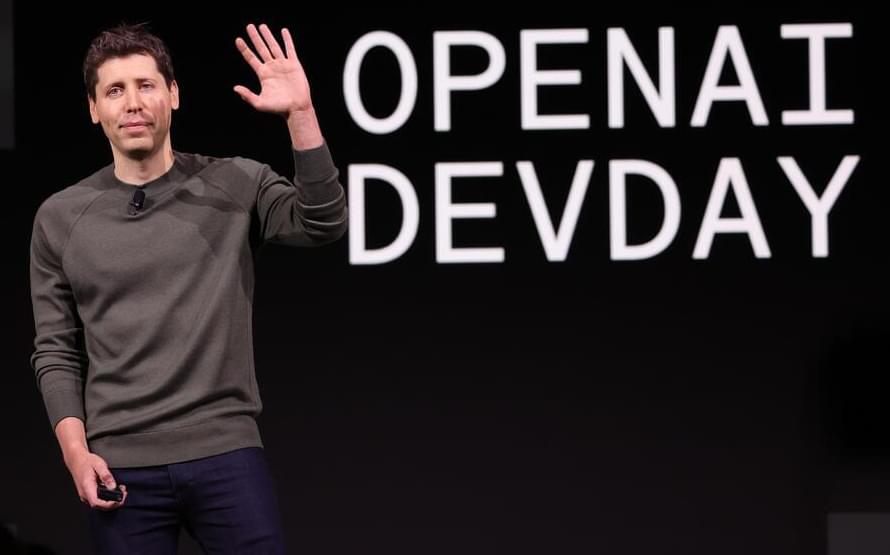Just after filming this video, Sam Altman, CEO of OpenAI published a blog post about the governance of superintelligence in which he, along with Greg Brockman and Ilya Sutskever, outline their thinking about how the world should prepare for a world with superintelligences. And just before filming Geoffrey Hinton quite his job at Google so that he could express more openly his concerns about the imminent arrival of an artificial general intelligence, an AGI that could soon get beyond our control if it became superintelligent. So, the basic idea is moving from sci-fi speculation into being a plausible scenario, but how powerful will they be and which of the concerns about superAI are reasonably founded? In this video I explore the ideas around superintelligence with Nick Bostrom’s 2014 book, Superintelligence, as one of our guides and Geoffrey Hinton’s interviews as another, to try to unpick which aspects are plausible and which are more like speculative sci-fi. I explore what are the dangers, such as Eliezer Yudkowsky’s notion of a rapid ‘foom’ take over of humanity, and also look briefly at the control problem and the alignment problem. At the end of the video I then make a suggestion for how we could maybe delay the arrival of superintelligence by withholding the ability of the algorithms to self-improve themselves, withholding what you could call, meta level agency.
▬▬ Chapters ▬▬
00:00 — Questing for an Infinity Gauntlet.
01:38 — Just human level AGI
02:27 — Intelligence explosion.
04:10 — Sparks of AGI
04:55 — Geoffrey Hinton is concerned.
06:14 — What are the dangers?
10:07 — Is ‘foom’ just sci-fi?
13:07 — Implausible capabilities.
14:35 — Plausible reasons for concern.
15:31 — What can we do?
16:44 — Control and alignment problems.
18:32 — Currently no convincing solutions.
19:16 — Delay intelligence explosion.
19:56 — Regulating meta level agency.
▬▬ Other videos about AI and Society ▬▬
AI wants your job | Which jobs will AI automate? | Reports by OpenAI and Goldman Sachs.
• Which jobs will AI automate? | Report…
How ChatGPT Works (a non technical explainer):







